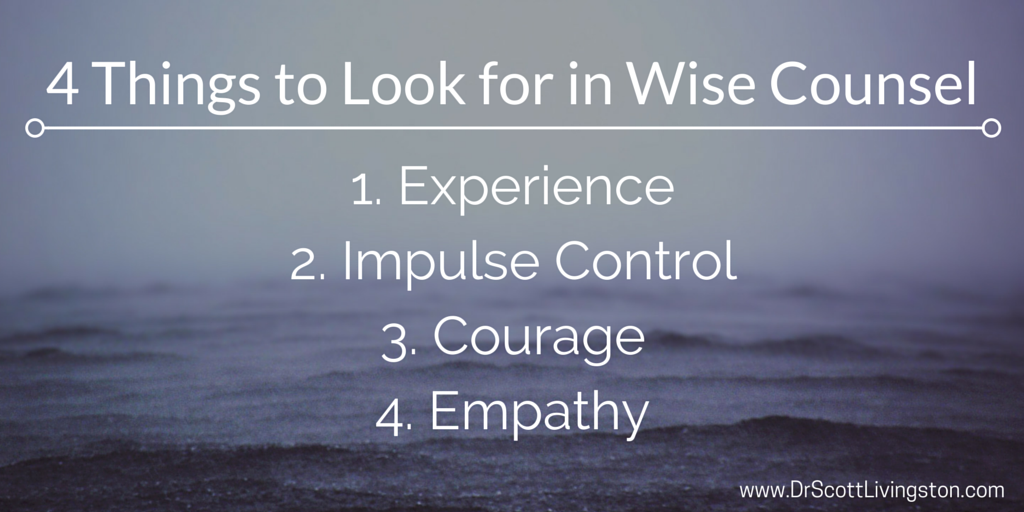It seemed like a complete disaster. It was a project that our team created, organized, and executed, yet the outcome we received was far from what we desired. Sound familiar? It should, as we’ve all experienced the feeling of failure at one point in our lives. Whether in the workplace, in a sporting event, or other moments in our daily life, this failure can cause many different emotions such as frustration, disappointment, and most of all, fear.
In his new book Originals: How Non-Conformists Move The World, Adam Grant (Wharton’s four-time teacher of the year) gives some practical advice when we face fear. Instead of letting fear drift into anxiety or dread, reframe it into excitement. For example, in a study of people who fear public speaking (listed as one of the biggest fears people experience), the participants were divided into two groups. One group was given these three words: “I am calm." The other group was given three different words: “I am excited."
Which group performed their speeches better?
This one-word difference caused listeners of the talks to rate the “I am excited” group as 17% more persuasive and 15% more confident than the “I am calm” group.
Turning your fear into excitement can energize you to act. If you remain to calm for too long, there is a potential for negative self-talk and anxiety to set in. My hypothesis here is that the old advice of “remain calm” when you are in fear is really, "lower your anxiety and get moving." To remain calm for too long can cause paralysis in times of tension and complexity.
When you face times of tension, stress, and fear, how do you react?
We developed the CHECK list that we wrote about last week to give you a tool that will help you move forward when you are experiencing situations that bring fear.
Consider the Situation
It can be difficult to look at your situation objectively, considering the result of the project didn’t meet your expectations. Ask yourself the following questions to help you reflect and move forward:
- What went well?
- What could be improved?
- What needs to change or be omitted?
Hear from Others
Take it to your team and colleagues. Ask them the questions that you asked yourself above. Create a space that allows them to speak into the situation and feel positive through a process of brainstorming the solutions. Including them will motivate them in moving forward. If your team is stuck, consider bringing a coach into the situation to offer a fresh perspective and facilitate conversations or the planning process.
Eliminate Negativity
It requires a full 360 shift perspective to begin to see failing as a learning opportunity instead of as failure. Ryan Babineaux and John Krumboltz talk about this feeling of failure in their book, Fail Fast, Fail Often: How Losing Can Help You Win. In their research, the authors found that people who are happy and successful spend less time planning and more time acting. Now, there is planning involved prior to action, but what these people do is act on their plan without emotional fear based baggage. These folks get out into their universe to try different things and learn from their mistakes. From their perspective, failing is learning, not failure.
Conduct a Plan
Once you've looked at the situation objectively and heard from others, you can go back to the drawing board and work out a plan for moving forward. As mentioned earlier, try not to dwell in the planning stage. Instead, implement action. Consider adding some check-ups throughout your plan to track the progress along the way. Include someone in these check-ups for accountability.
Keep Your Head Up
Believe in yourself and in your team. Let others see your positive attitude and resilient behavior focused on moving forward. They will follow your lead and look to you for support or motivation. Approach your project from a different angle than before to give it a fresh feel for you and your team.
Homework
Reflect on a project or situation that didn't go the way you planned. Write down what went well and what could have been done differently. Share these thoughts with a colleague or mentor and brainstorm a plan for improvement next time.


